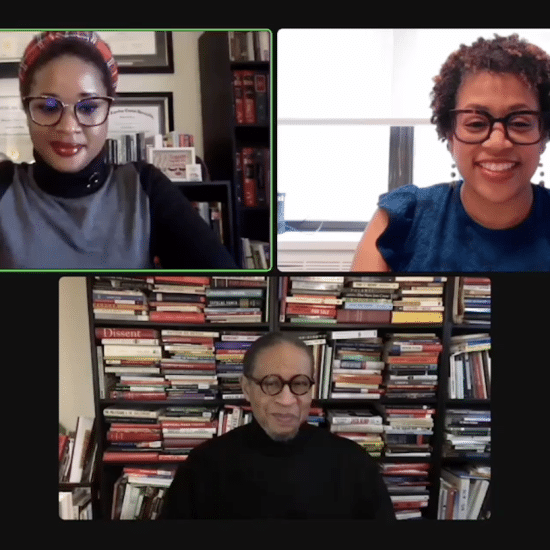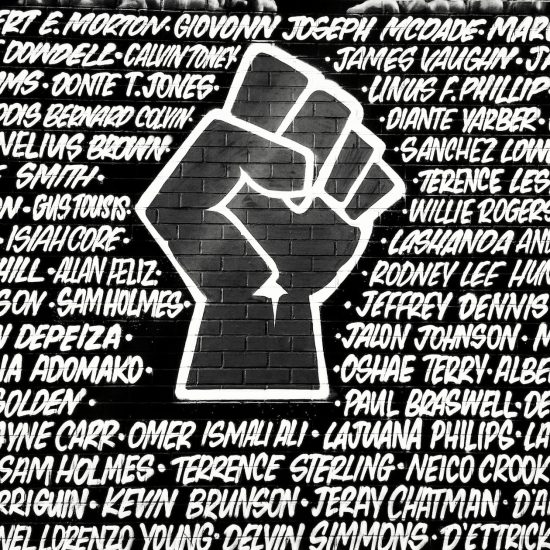February is Black History Month as designated by every American President since 1976. The need is obvious, but I long for the day when we really don’t need to observe it.
 Bill WebbDon’t get me wrong; we in America need to know more about each other, and perhaps that’s true of blacks and whites more than other groups within our multi-cultured milieu.
Bill WebbDon’t get me wrong; we in America need to know more about each other, and perhaps that’s true of blacks and whites more than other groups within our multi-cultured milieu.
It is true that much of American history has in the past — and perhaps in the present — ignored contributions by and concerns of African Americans.
The implication of a month for learning about and hopefully learning to appreciate black history in our nation suggests and affirms that many Americans could benefit from focusing upon the experiences of African Americans and growing in our appreciation of these experiences and the people themselves. We would hope so.
But a mere month when local and national media and concerned groups underscore both contributions and concerns of African Americans may have little impact on whether Americans will truly become better informed, more caring or less prejudiced toward each other.
My best guess is that most African Americans might not feel particularly enamored with their single appreciation month every year.
Learning about how my life benefits from an invention or improvement for which a black citizen is responsible in itself will add to my head knowledge. I can sit in front of my television and absorb a whole month of accomplishments by black Americans.
We might find it interesting to watch programming that underscores the scourge of slavery that has been such a significant part of the American story or illustrates the vestiges of segregation that still exist in the U.S.
But I can fill my head full of images and information without ever having contact with a person of color.
Without human interaction, individual blacks and whites cannot get beyond what might be their mutual lack of respect for each other, their respective cultures, their distinctive points of view, their hurts and their prejudices. Without these relationships, we can neither fully discover our blind spots nor fully realize our potential for mutual respect and friendship.
Without even realizing it, we often find the refuge of segregation to be preferable to the risks of cooperation and friendship. But we miss out on experiences that might enrich our lives and enable us to pull down burdensome barriers that have existed far too long.
It hasn’t been too many years ago that a widely espoused church growth principle called the “homogeneous unit principle” was in vogue. The idea was that to most effectively grow a congregation numerically was to seek out people who had much in common, such as race, culture, language, socio-economic level, etc.
Adherents said things like, “People prefer to be with their own kind.”
In our multicultural society, we do not hear “homogeneous unit principle” espoused out loud so much today, but it is hardly dead in principle. For too many people, this is a way to approach educating their children, choosing where they will live and determining which organizations and groups with which to be associated and which to ignore. It is their preferred way of life.
This approach to the whole of life ensures that we remain separated from people and things we believe might not be our “cup of tea,” so to speak.
When applied to church growth, some experts have noted that it is possible to grow large churches that might have little in common with the population of heaven.
People in a country like ours need to acknowledge all year long the particular contributions of all the varied peoples who call America home.
People of faith should be taking the lead — and many are, of course — in helping us move beyond a reluctance to learn from and engage European, African American, American Indian, Asian American, Hispanic American and a myriad of others cultural groups.
We can start with what we have in common: humans created in the image of God with an innate need to relate to him.
American diversity is hardly a curse. It is a blessing but it requires intentional, active discovery.
Bill Webb is editor of Word & Way.



